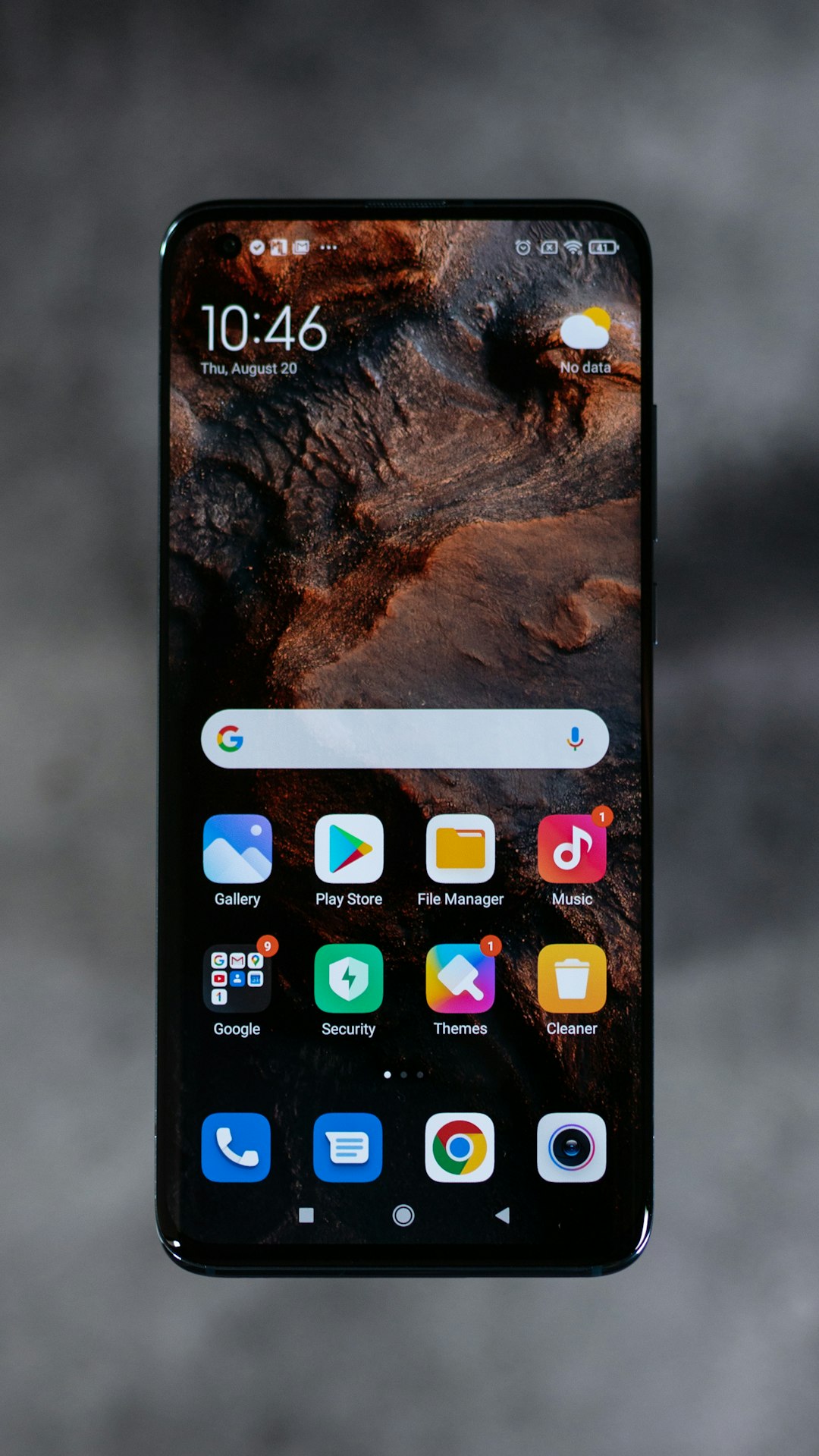In Georgia, "No Call Laws" protect consumers from unwanted telemarketing calls (spam calls) with stiff penalties for violators. A specialized Spam Call law firm Georgia plays a vital role in upholding these regulations, offering legal assistance to consumers and businesses affected by unauthorized practices. These firms interpret telecommunications laws, enforce do-not-call registries, and represent affected parties, contributing to stronger case law that protects Georgians' privacy and fosters a safer telecom environment. Key stakeholders include consumer advocacy groups, service providers, businesses, and regulatory bodies like the FCC, all working together to mitigate spam calls through complex legal frameworks.
“In the realm of consumer protection, Georgia’s ‘No Call’ laws stand as a robust mechanism against unwanted spam calls. This article delves into the intricate web of stakeholders shaping these regulations. From law firms specializing in spam call enforcement to various industry bodies and government agencies, each plays a pivotal role.
We explore how these key players influence the evolution of Ludowicis No Call Laws, analyzing their collective impact and the challenges they present in Georgia’s anti-spam legislation landscape.”
Understanding Georgia's No Call Laws: A Brief Overview

In Georgia, the “No Call Laws” are a set of regulations designed to combat unwanted telemarketing calls, also known as spam calls. These laws protect consumers by giving them the right to opt-out of receiving such calls and imposing strict penalties on violators. The Spam Call law firm in Georgia plays a crucial role in ensuring these laws are upheld. They specialize in representing consumers and businesses that have been affected by unauthorized telemarketing practices, offering legal guidance and advocacy.
The No Call Laws in Georgia generally prohibit commercial telephone solicitations from calling a consumer’s phone number if the caller has not obtained prior express consent. This includes both live operators and automated calls. Consumers can register their numbers on the state’s Do Not Call list, further safeguarding their privacy. By understanding and enforcing these laws, the Spam Call law firm in Georgia contributes to creating a more reputable and responsible telemarketing environment for all residents.
The Role of Law Firms in Enforcing Spam Call Regulations

Law firms play a pivotal role in enforcing and shaping spam call regulations, including the no-call laws in places like Georgia. These legal professionals are instrumental in safeguarding consumers from unsolicited phone calls by telemarketers, which often fall under the category of spam. With their expertise in telecommunications law, they interpret and navigate complex legal frameworks to ensure compliance. Through strategic litigation, they can hold violators accountable, thereby deterring similar activities and promoting a more consumer-friendly environment.
In Georgia, for instance, law firms have been active in challenging spam call laws and advocating for stricter regulations. They represent affected consumers, helping them seek redress for invasion of privacy and unwanted calls. By taking on these cases, they contribute to the development of case law that strengthens the enforcement of no-call laws, ultimately leading to a safer and more transparent telecommunications landscape for all Georgians.
Key Stakeholders and Their Influence on Ludowicis No Call Laws

In shaping and implementing Ludowicis No Call Laws, several key stakeholders play pivotal roles. These include consumer advocacy groups, telecommunications service providers, businesses, and government regulatory bodies. Consumer advocates push for stringent measures to curb spam calls, ensuring Georgians’ privacy and peace of mind. Telecommunications companies contribute by enforcing do-not-call registries and providing robust reporting mechanisms for unauthorized calls.
Businesses, especially those engaged in direct marketing, are closely watched under these laws. They must adhere to strict guidelines to avoid making unwanted calls, facing potential legal repercussions from a spam call law firm in Georgia. Government regulatory bodies, such as the Federal Communications Commission (FCC), play a crucial role in drafting and enforcing legislation designed to protect citizens from intrusive phone marketing practices. This collaborative effort ensures that Ludowicis No Call Laws remain effective in mitigating the nuisance of spam calls.
Impact and Challenges: Navigating the Complex Landscape of Anti-Spam Legislation in Georgia

In Georgia, the impact and challenges of navigating the complex landscape of anti-spam legislation are significant, especially for businesses and individuals caught in the crossfire. As a state with a robust legal framework aimed at protecting citizens from unwanted phone calls, Georgia’s Spam Call laws have evolved to meet the demands of modern communication technologies. These laws not only restrict malicious practices but also empower consumers by providing them with tools to combat nuisance calls. However, the dynamic nature of these regulations presents a unique set of challenges for both regulators and those seeking legal recourse.
The rise of automated calling systems and sophisticated spamming techniques has made it difficult for law enforcement to keep pace. This has resulted in a complex web of rules and exceptions that can be hard to decipher. For a Spam Call law firm Georgia, understanding these nuances is crucial to effectively representing clients while ensuring compliance. Moreover, the rapid changes in technology necessitate constant updates to legislation, creating an ever-shifting legal landscape that requires agile adaptation from all stakeholders involved.






